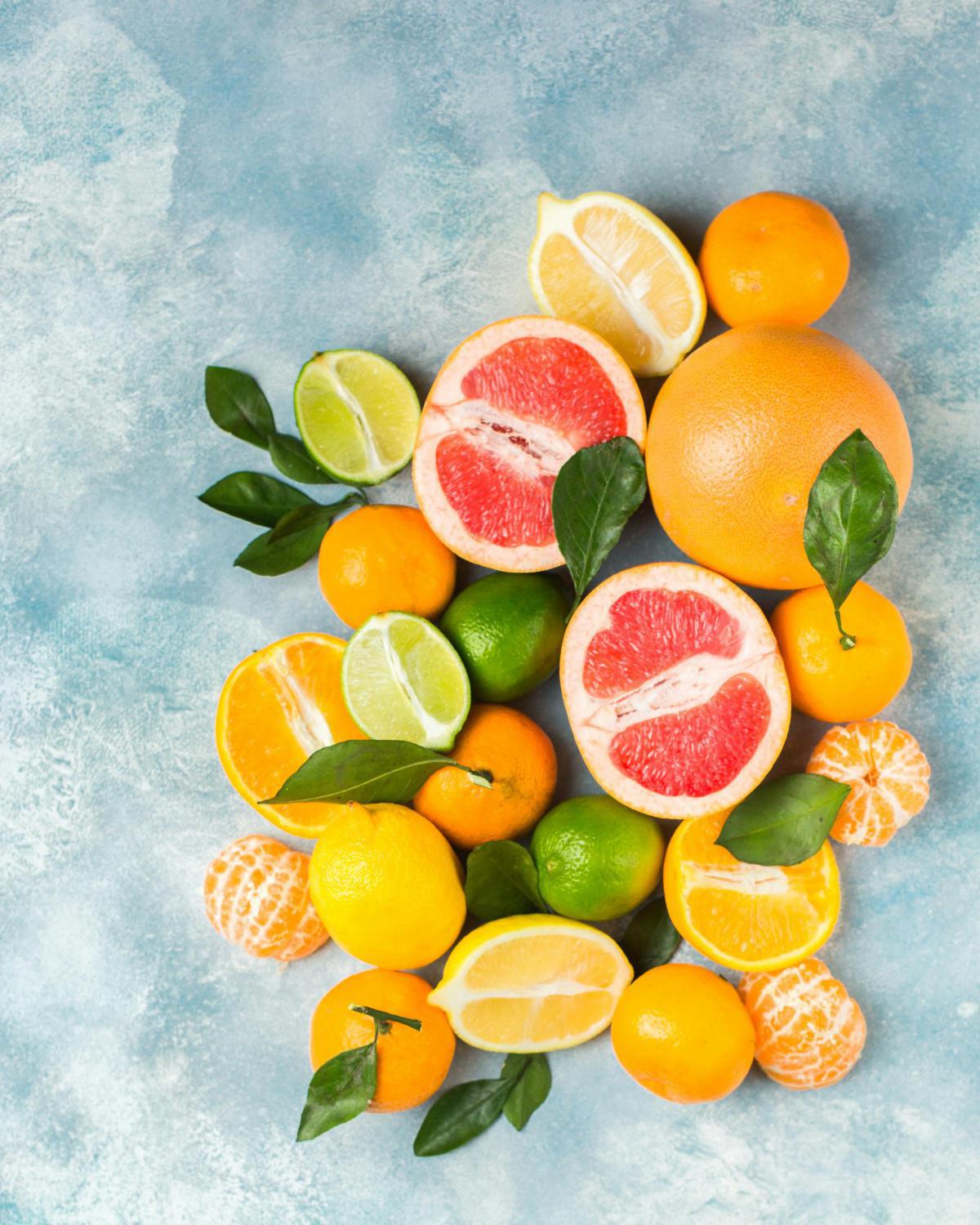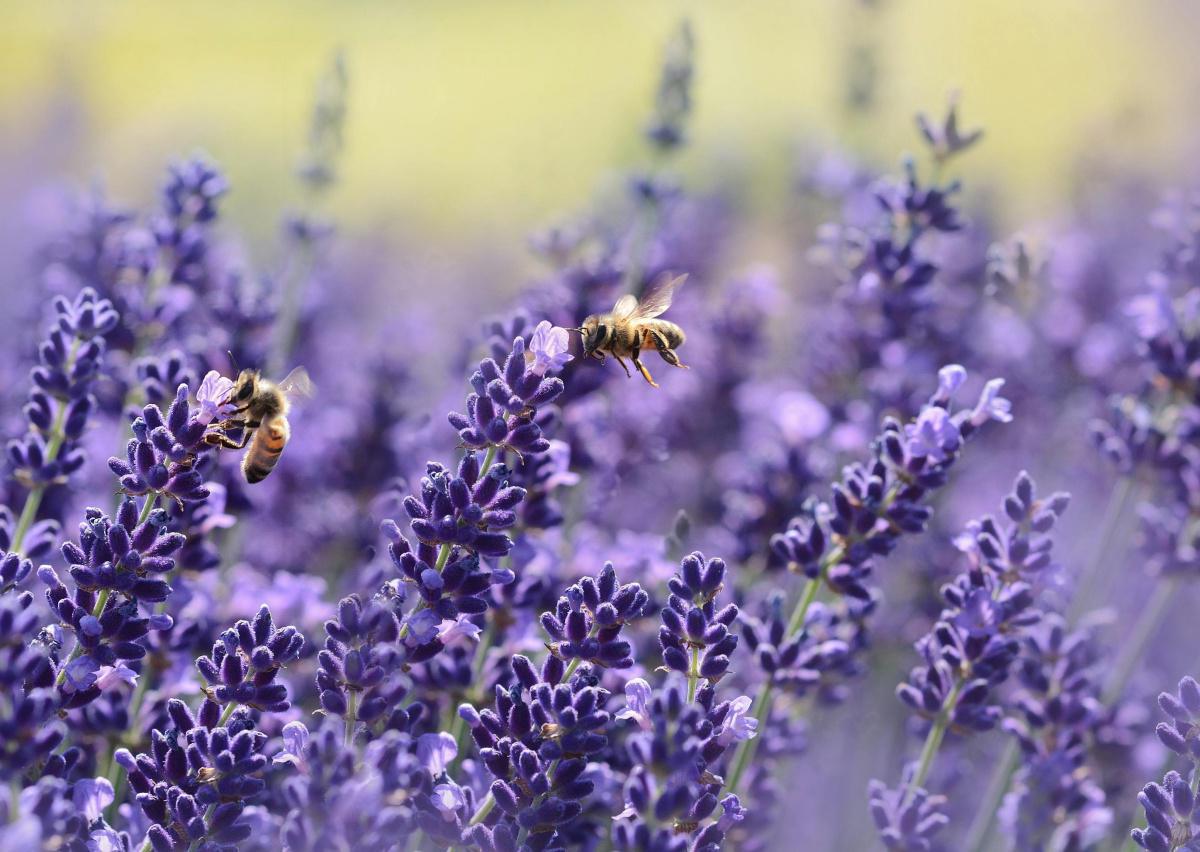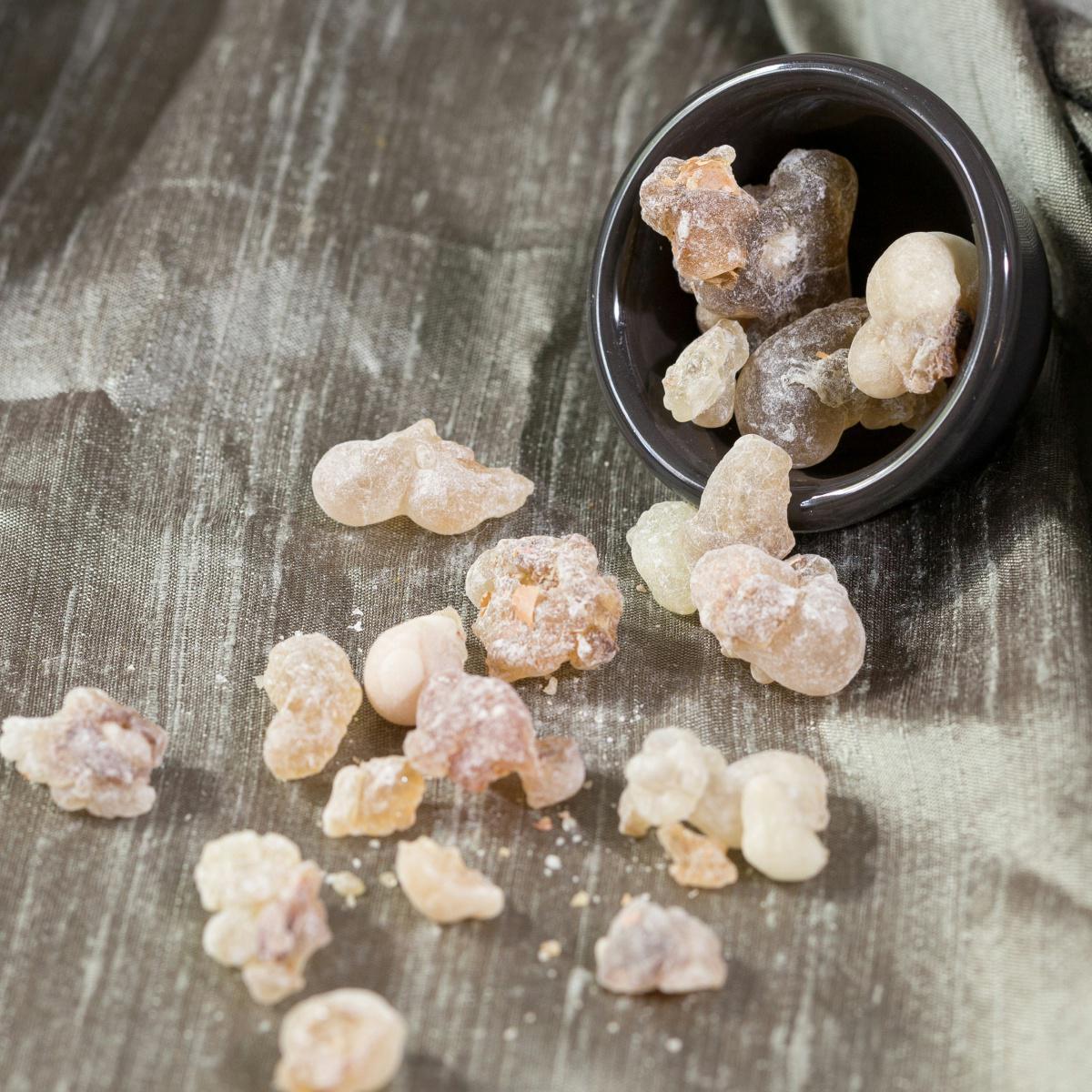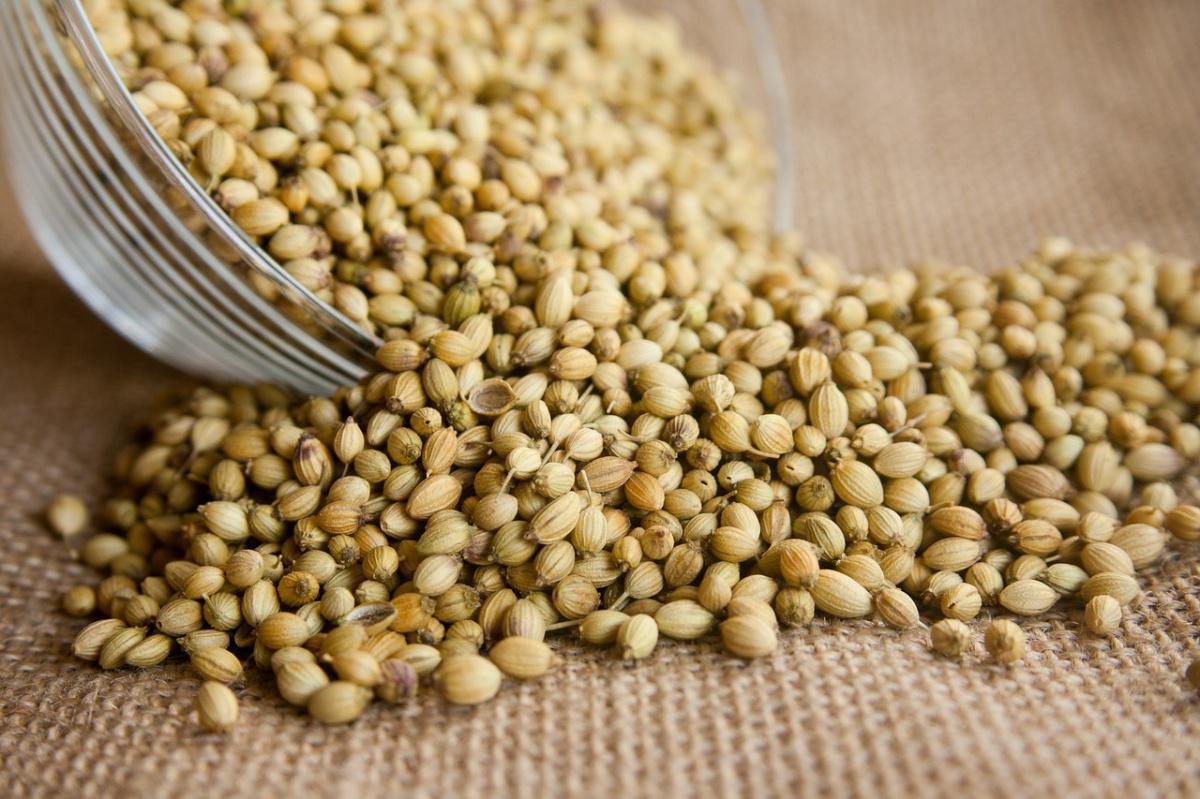In this post: The flawed concept of self-care, finding emotional support by exploring aromatic families, and how to practice being your own best friend.
Disclaimer - This article is for information and educational purposes only. It does not diagnose or treat any medical condition or replace the advice or treatment of medical professionals.
We're bombarded with messages about the importance of taking care of ourselves to preserve and maintain our emotional health, yet many of us struggle to prioritize it amidst the demands of daily life. Initially, I had been marketing my products and services to individuals who were stuck in the grips of busyness culture, singing the praises of aromatherapy as a "quick fix" that is highly convenient and portable. Although that holds a bit of truth, the concept is flawed, and even I was failing at helping myself to feel better.
Why? Because the idea of "self-care," I'm realizing, is flawed. True self-love and care during difficult and stressful times should be more than the serotonin boost that accompanies small indulgences or practices (I realize that I may be generalizing here, and many people are doing meaningful heart-centered work as self-care too). Spa days and material things feel good in the moment, but once the moment has passed, what is still there? Has your inner self made a miraculous transformation? Or are the same patterns of self-blame, shaming, berating over mistakes, and rumination still rearing their ugly heads?
So, I believe that when we intentionally take time to care for ourselves, especially when we are struggling, what we need is compassion from the best friend we have - ourselves.
Becoming Your Own Best Friend
Self-compassion involves treating ourselves with the same kindness, care, and understanding that we would offer to a dear friend in times of struggle or suffering. It's about recognizing our humanity, embracing our imperfections, and acknowledging that it's okay to not be okay sometimes. Yet, despite its simplicity, cultivating self-compassion can be a transformative journey that lays the foundation for genuine self-care.
Here's why self-compassion is key to true self-care:
1. Self-Compassion Fosters Acceptance
When we practice self-compassion, we learn to accept ourselves exactly as we are, flaws and all. Instead of berating ourselves for our mistakes or shortcomings, we offer ourselves the same understanding and forgiveness we would extend to a friend. This acceptance creates a nurturing environment where we feel safe to be authentic and vulnerable, paving the way for genuine self-care to flourish.
2. Self-Compassion Encourages Mindfulness
Mindfulness is a core component of self-compassion. By cultivating awareness of our thoughts, feelings, and sensations in the present moment without judgment, we can better recognize when we need to prioritize self-care. When we're mindful, we're better equipped to identify signs of burnout, stress, or overwhelm and take proactive steps to address our needs before they escalate.
3. Self-Compassion Cultivates Resilience
Life is full of challenges, setbacks, and disappointments, but self-compassion helps us navigate these rough waters with greater resilience. Instead of viewing failures as reflections of our worth, we see them as opportunities for growth and learning. This compassionate mindset buffers us against the negative effects of stress and fosters a sense of inner strength that is essential for practicing consistent self-care.
4. Self-Compassion Promotes Boundaries
Self-care often involves setting boundaries to protect our physical, emotional, and mental well-being. When we approach boundary-setting from a place of self-compassion, we're more likely to prioritize our needs without guilt or shame. We understand that saying no to others is not an act of selfishness but rather an act of self-respect and self-preservation.
5. Self-Compassion Nurtures Self-Kindness
At the core of self-care is the practice of self-kindness—the act of treating ourselves with warmth, gentleness, and nurturing care. Self-compassion lays the groundwork for this essential practice by challenging the critical inner voice that undermines our self-worth and replacing it with a voice of kindness and encouragement. When we treat ourselves with the same tenderness we would offer to a loved one, self-care becomes a natural extension of this deep sense of self-love.
In essence, self-compassion is the cornerstone of genuine self-care. By embracing our humanity with kindness and understanding, we create fertile soil where self-care can take root and flourish. So, the next time you find yourself struggling to prioritize self-care, remember to extend yourself the same compassion you would offer to a friend. For it is through acts of self-compassion that we unlock the door to a life filled with genuine well-being and fulfillment.
Using Aromatherapy in a Self-Compassion Practice
To quote aromatherapist Gabriel Mojay...
All essential oils have the power to affect us both emotionally and spiritually. Only those that are right for the individual - at that moment of their life - will possess the potential to transform.
In my practice, when using aromatherapy for its subtle emotional effects, the emphasis is on the aroma. Reason being that I could use every reference and piece of evidence to create a "perfect" blend, but if you don't find the aroma to be beautiful and pleasing then it will never serve its purpose. Though everyone's perception of aroma differs, there are certain "families" of essential oils that can affect our emotions in unique ways.
Citrus & Berry Oils
Aromatic palette - Fresh, sweet, purifying, joyous, sparkling, uplifting, refreshing, cheerful, bright
Essential oil examples - Lemon Citrus limon, Grapefruit Citrus paradisii, Sweet Orange Citrus sinensis, Bergamot Citrus bergamia
Help counteract - Depression, sadness, apathy, mental exhaustion, frustration, aggravation
Promote- Joy, positivity, clarity, alertness, uplifting of mood & emotions
Leaf & Needle Oils
Aromatic palette - Varies depending on the source - can be spring-like, herbaceous, mossy, grassy, fresh, green, medicinal, sharp, penetrating, cleansing
Essential Oil Examples - Pine Pinus sylvestrus, Rosemary Rosmarinus officinalis, Sweet Marjoram Origanum majorana, Eucalyptus (all types), Basil Ocimum basilicum
Help counteract- Mental strain/ fatigue, stress, distraction, exhaustion,
Promote - Concentration, calmness, centeredness
Floral Oils
Aromatic palette - Sweet, herbaceous, cloying, powdery, feminine
Essential Oil Examples - Lavender Lavandula angustifolia, Rose Rosa damascena, Ylang-ylang Cananga odorata, Carnation Dianthus caryophyllus
Help counteract- Depression, sadness, grief, and all emotions of the heart
Promote - Self-confidence, self-love, balance
Root & Resin Oils
Aromatic palette - Warm, woody, smoky, leather-like, masculine
Essential Oil Examples - Frankincense Boswellia carterii, Myrrh Comophora myrrha, Vetiver Vetiveria zizanoides
Help to counteract- Anxiety, fear, grief, disconnection
Promote - Meditation, centeredness, comfort, stability, emotional healing
Bark & Wood Oils
Aromatic palette - Smoky, musky, masculine, earthy, warm
Essential Oil Examples - Cedarwood Atlas Cedrus altalntica, Cedarwood Virginian Juniperus virginiana, Rosewood Aniba rosadora, Sandalwood Santalum album
Help to counteract- Anxiety, mental strain, worry, irritability
Promote - Balance, emotional fortitude, grounding, serenity
Seed Oils
Aromatic palette - Spicy, sharp, penetrating, warming
Essential Oil Examples - Coriander Coriandrum sativum, Cardamom Elletaria cardimonum, Carrot Seed Daucus carota
Help to counteract- Nervousness, stress, sluggishness, burnout, depression
Promote - Alertness, calm, creativity, mental clarity, optimism
Bringing it all together...
Here is a simple practice that you can do anytime you are struggling or your mind is wandering back to pain from the past or stuck in the "what-ifs" of the future.
It combines aromatherapy with the elements of self-compassion: Mindfulness - awareness of the present, Kindness - to oneself, and Common Humanity - recognizing that suffering is universal.
1) Recognize and name your thoughts & feelings
"I'm feeling worried right now, it is making my belly flutter"
2) Bring yourself back into the present using aroma & your breath.
Gently and slowly inhale the essential oil or blend from a personal diffuser or some drops of oil applied to a tissue. Place a hand on your belly and feel it gently rising.
Repeat four times. Slowly breathing in and out.
You could pair your breathing with a phrase or mantra to further anchor yourself in the moment. For example:
Inhale calming... exhale tension
Inhale relax...exhale release
Inhale comfort... exhale worries
3) Speak to yourself with loving-kindness and reassurance as you would a dear friend or loved one
"What you're going through is really hard right now. It is understandable that you feel this way"
If you can and feel comfortable doing so, you could hug yourself, stroke your arm, or hold onto your opposite hand.
4) Remind yourself that suffering is part of being human, you are not alone.
"Everyone worries. My nervous system is trying to keep me safe, this feeling will pass"
Breaking through old thought patterns and our tendency to want to rush past or ignore our emotions takes time and practice because are hard-wired to avoid pain (emotional or otherwise) at all costs. To learn more about the benefits of self-compassion and the work of Dr. Kristen Neff I encourage you to visit her website self-compassion.org
Please leave your comments letting me know if you try this out. I would love to hear from you!
Laura






